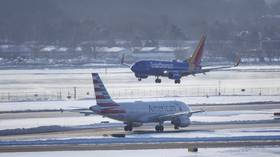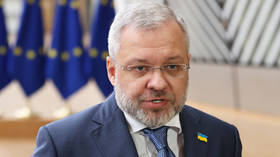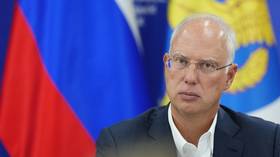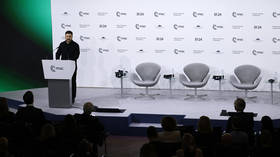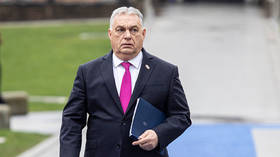US, Japan and S.Korea to share intel on N. Korea
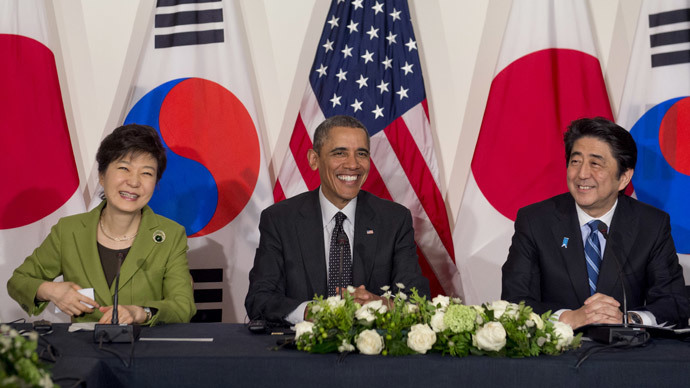
Officials from Washington, Tokyo and Seoul will sign a trilateral intelligence-sharing pact in an effort to strengthen their surveillance network on the nuclear-armed pariah state of North Korea, Seoul officials said.
Although the United States already shares intelligence on North Korean activities separately with South Korea and Japan, the trilateral agreement marks a historic partnership for the three nations.
READ MORE:Security firm says Sony hack might have been an inside job
Due to historic tensions connected to Japan's colonial rule of
the Korean Peninsula from 1910 to 1945, the sharing of
intelligence between Tokyo and Seoul marks a significant step
forward in bilateral relations between the two Pacific powers.
In April, President Obama’s Asia tour seemed to have succeeded in
reducing regional tensions over historical and territorial issues
hampering Washington’s efforts at trilateral cooperation.
During his visit, the US leader gave Japanese Prime Minister
Shinzo Abe assurances that the Senkaku/Diaoyu Islands, which have
been a matter of controversy with China, are Japanese territory.
Obama thus became the first US president to have “overtly
stated that the Senkaku/Diaoyu Islands fall within the purview of
the US-Japan security treaty,” the Diplomat reported.

Later, at a press conference with South Korean President Park
Geun-hye, Obama touched upon the sensitive subject of so-called
comfort women - females forced into sexual slavery by the
Imperial Japanese Army during World War II, which was “a
terrible, egregious violation of human rights.”
These statements soothed historic tensions and helped seal the
deal between Seoul and Tokyo.
According to the agreement, to be signed on Monday, South Korean
and Japanese officials will share intelligence on Pyongyang's
nuclear and missile programs, via Washington, South Korea’s
Defense Ministry said in a statement, AP reported.
On October 9, 2006, North Korea stunned the world when it carried
out its first underground nuclear test, followed by a second test
almost three years later. On February 12, 2013, the closed
communist country announced it had conducted its third
underground nuclear test in seven years, although Japanese and
South Korean investigators had failed to detect any radiation.
READ MORE:N. Korea threatens US, demands apology for Obama’s ‘reckless rumors’ of Sony hack
In light of these ongoing tests, Seoul believes North Korea has
made progress in its efforts to develop and produce nuclear
missiles that are capable of reaching US territory, or US
military bases that are located in both South Korea and Japan.
The two Koreas remain technically at war because the 1950-53
Korean War was concluded with an armistice as opposed to a formal
peace treaty.
In October, troops of the rival Koreas exchanged gunfire along
their heavily fortified border several times, though no
causalities were reported.



